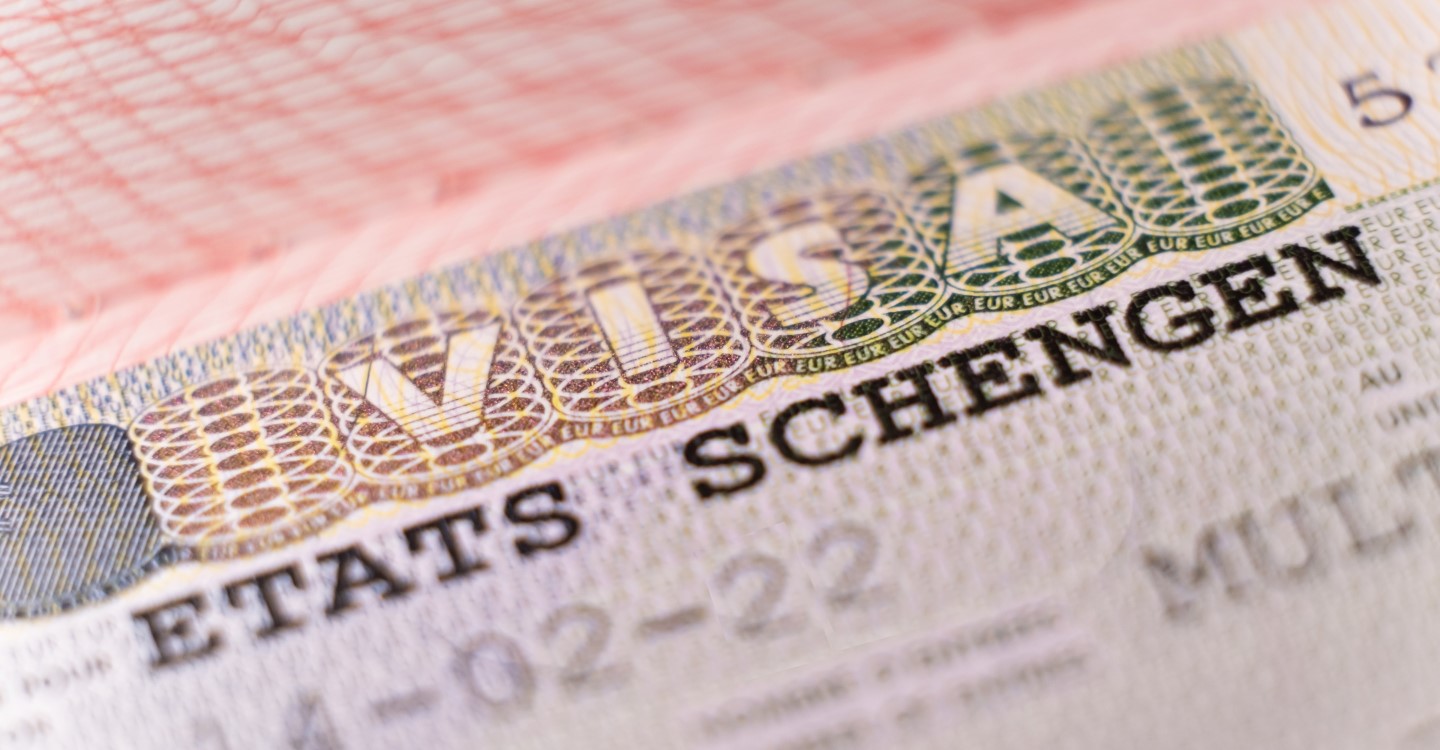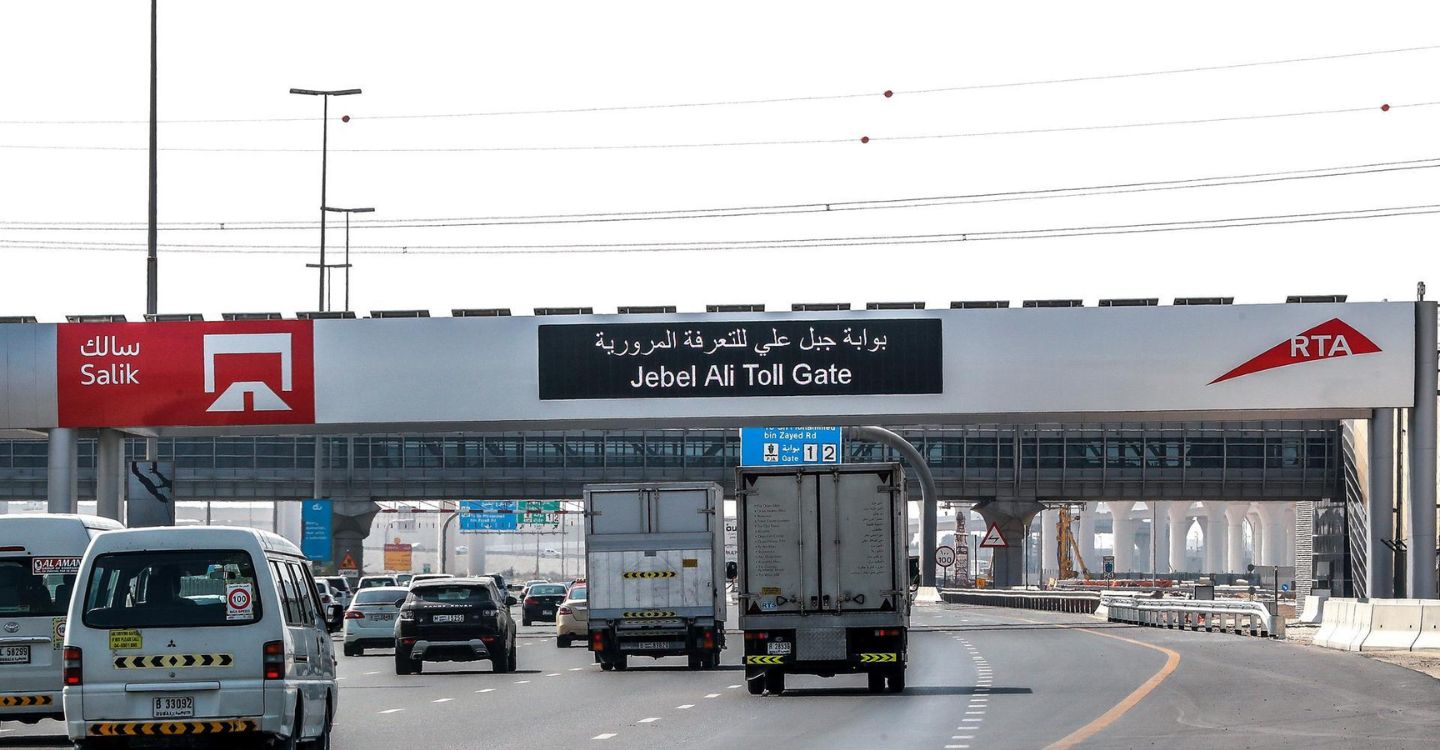
Renting a property in Dubai can be a complex process, and it is important to pay attention to the details in the tenancy agreement to avoid costly mistakes. A tenancy agreement is a legal document that sets out the terms and conditions of the rental agreement between the landlord and the tenant.
It is important to read and understand the agreement before signing it to ensure that you are protected, and your rights are upheld. In this article, we will discuss the top mistakes to avoid when signing a tenancy agreement in Dubai.
1. Failure to understand the terms of the agreement.
The first and most common mistake is not understanding the terms and conditions of the tenancy agreement. The agreement is a legal document that sets out the rights and responsibilities of both the tenant and the landlord. It is essential to read and understand every clause and provision in the agreement to avoid any confusion or misunderstanding later on.
Tenants should carefully review the following clauses in the agreement:
- Rental amount: Check the rental amount, frequency of payment, and the security deposit amount. Ensure that it is in line with the market rates and your budget.
- Payment terms: Check the payment terms and ensure that they are suitable for you. Some landlords require post-dated cheques, while others prefer bank transfers.
- Duration of the lease: Check the duration of the lease and ensure that it meets your needs. Some leases may have an automatic renewal clause, which means that the lease will be renewed automatically if the tenant does not give notice of termination.
- Maintenance and repairs: Check who is responsible for maintenance and repairs. Some landlords may include a clause in the agreement stating that the tenant is responsible for all repairs, while others may include a clause stating that the landlord is responsible for major repairs.
- Subleasing: Check if subleasing is allowed or not. Some landlords may not allow subleasing, while others may allow it under certain conditions.
2. Not conducting a property inspection.
Before signing the tenancy agreement, it is important to conduct a property inspection. This will help you identify any issues or damages in the property and ensure that it is in a livable condition. Failure to inspect the property may result in the tenant being held responsible for any damages or repairs required at the end of the tenancy.
During the inspection, tenants should check the following:
- The condition of the walls, floors, and ceilings
- The functionality of electrical and plumbing fixtures
- The presence of any pest infestations
- The condition of the air conditioning units
- The condition of the kitchen appliances
- The presence of any damages or repairs required
- The cleanliness of the property
Tenants should document any damages or issues identified during the inspection and inform the landlord immediately. This will ensure that the landlord is aware of the issues and can make necessary repairs before the tenant moves in.
3. Failure to obtain necessary permits.
In Dubai, there are several permits that tenants may require depending on the nature of their business. Failure to obtain the necessary permits may result in legal penalties or fines.
Some of the permits that tenants may require include:
- Trade license: If the tenant is planning to conduct business activities from the rental property, they may require a trade license.
- Ejari: Ejari is a legal registration system for tenancy contracts in Dubai. Tenants are required to register their tenancy agreement with Ejari.
- DEWA connection: Tenants are required to connect to Dubai Electricity and Water Authority (DEWA) for electricity and water supply.
- Municipality permit: If the tenant is planning to conduct any renovations or modifications to the property, they may require a municipality permit.
Tenants should consult with their landlord or a legal professional to understand the permits required for their specific situation.
4. Not reading the cancellation clause carefully.
When signing a tenancy agreement in Dubai, it is essential to read and understand every clause and provision in the agreement. One of the most critical clauses that tenants must pay attention to is the cancellation clause. Failing to read the cancellation clause carefully can result in penalties or financial losses if the tenant needs to cancel the lease prematurely.
The cancellation clause in a tenancy agreement outlines the terms and conditions that must be met if the tenant wishes to terminate the lease before the agreed-upon end date. Typically, a tenant is required to provide notice to the landlord of their intention to terminate the lease, and there may be penalties or fees associated with the early termination.
Here are some common mistakes that tenants make when it comes to the cancellation clause:
- Not knowing the notice period: The notice period is the amount of time that a tenant must give before terminating the lease. This can vary depending on the terms of the agreement and the landlord's requirements. Not knowing the notice period can result in a breach of the agreement, leading to penalties or financial losses.
- Not understanding the penalties for early termination: Most tenancy agreements have penalties or fees associated with early termination. These can include a penalty for breaking the lease, forfeiting the security deposit, or paying rent until a new tenant is found. Failing to understand these penalties can result in unexpected costs if the tenant needs to terminate the lease early.
- Not negotiating the cancellation terms: Tenants can negotiate the cancellation terms with the landlord before signing the agreement. This can include reducing the notice period or lowering the penalty fees for early termination. Failing to negotiate can result in higher penalties or longer notice periods than the tenant is comfortable with.
- Not following the proper procedures for cancellation: Tenants must follow the proper procedures outlined in the agreement for cancelling the lease. This may include providing written notice, submitting a termination request to the landlord, or paying any outstanding dues before leaving the property. Failure to follow the proper procedures can result in penalties or legal action.
- Not checking for a "break clause": Some tenancy agreements may include a break clause, which allows tenants to terminate the lease before the end of the term without penalties or fees. Not checking for a break clause can result in missed opportunities for early termination.
In summary, signing a tenancy agreement in Dubai is a significant commitment that requires careful consideration and attention to detail. Avoiding common mistakes such as not reading the agreement carefully, ignoring property inspections, failing to obtain the necessary legal documents and permits, and not reading the cancellation clause in the agreement carefully can save tenants quite a lot of hassle in the future, thus ensuring a smooth and successful tenancy experience.
Additionally, tenants should verify the landlord and property before signing the agreement, as well as not shying away from negotiating the terms of the agreement – which is well within their right. Other quick tips also include seeking legal advice to avoid any unexpected costs or penalties, though this is not a mandatory step. By taking these precautions, tenants can protect their rights and interests and ensure that they have a positive and stress-free experience renting a property in Dubai.








































































































































































































